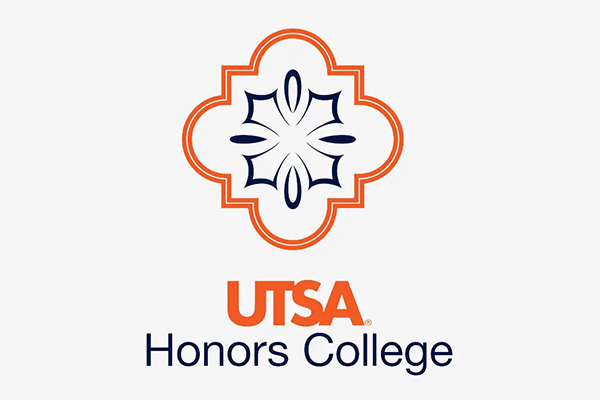Nope! But, it’s great professional experience, a fun social and easy networking experience with other students, a line on your resume, and possibly a scholarship. The ELF is not required for experience approval, but it’s great professional experience, a fun social and easy networking experience with other students, a line on your resume, and possibly a scholarship. The Experiential Learning Fair is a way to learn how to talk meaningfully about all the work and activities you do outside of the classroom that make you who you are – and a more competitive graduate school and job applicant. Note: Beginning January 1, 2024, students who have received the Honors Experiential Learning Award are required to present at the ELF for the experience in which they won the award for.
You definitely should present it again for several reasons:
- The Experiential Learning Fair focuses on why your activity/research/project matters in ways different than contribution to discipline alone. Think that doesn’t matter so much? Ah, the National Science Foundation, or NSF, is the primary funder of scientific research in the United States. NSF grant reviewers assess your grant application for two things: contribution to the discipline and contribution to society. The latter has to be in plain language. It is often the hardest component of grant writing for academic researchers. In the Experiential Learning Fair, you will both write about the contribution to society in your poster and you will talk about it with the judges.
- The Experiential Learning Fair is a different venue to document your research. That means your participation goes onto your CV/résumé. And if you win? That goes on your CV/résumé, too.
- With these scholarship amounts for producing a free poster with a given template and talking about something you love? Why wouldn’t you?
You cannot present the OUR poster as the ELF poster, though. You’ll have to create the ELF poster using the provided template. The poster components are different. You are judged on poster components and your ability to talk about them. The Experiential Learning Fair allows you to reframe your research in a way that makes this a different conference presentation for professional development/CV/résumé. It is perfectly appropriate to present at multiple conferences on different aspects of the same experience. The different focus in the OUR and the Experiential Learning Fair allows you that opportunity.
Students can submit up to two posters for the same or different categories.
You can win a prize in each category you submit.
Students can register at the ELF Registration page after registration has opened.
Your abstract can only have 150 words. It should include a brief description of the following:
- Name, location, and timeframe for activity; the goals and mission of your activity; the scope of your responsibilities and activities; specific personal, professional, social, and/or intellectual growth you experienced; contribution to society.
Create and submit your poster template by the deadline. Submission details and template are on the ELF Registration page.
Students should dress in a professional manner - business or business casual attire. Consider this professional development practice on presenting yourself. Have questions or need additional assistance with the ELF dress, stop by the Honors Experiential Learning Lab & chat with a Counselor, or email them at honors.advising@utsa.edu.
Email the Honors College at UTSA at: honors@utsa.edu.

Opportunities within the Honors College
The Honors College offers students the opportunity to participate in a number of different programs to further expand knowledge, especially in the realms of professional development, leadership development, and public service. Special programs are fully integrated into the Honors College curriculum, making credit transfer simple and ensuring that students are working toward Honors requirements.

